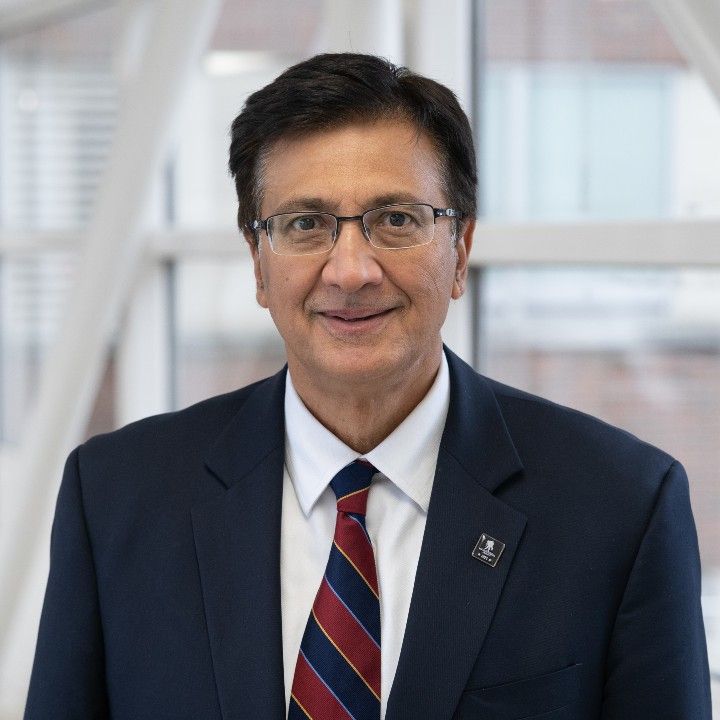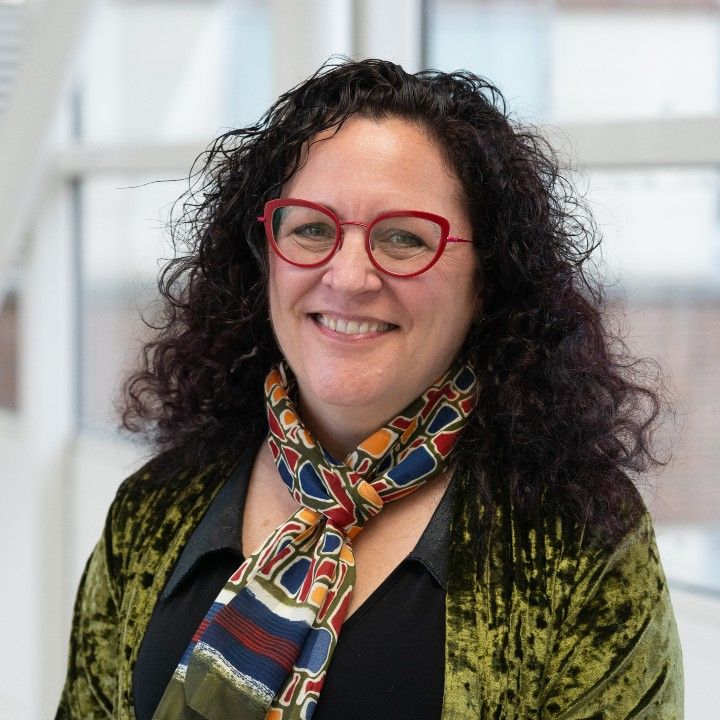Psychiatry is a branch of medicine that focuses on diagnosing and treating psychiatric disorders, also known as mental, emotional or behavioral disorders. Many cancer patients worry not only about their health but carry related worries about medical bills and their ability to work or take care of their home and family. Many also struggle with chronic pain, tension in personal relationships, reduced contact with friends and poorer quality of life. Studies estimate that between one-third to one-half of all cancer patients develop emotional and psychological problems as a result of their diagnosis.
Our psychiatrists provide inpatient services 24/7/365, with the goal of facilitating mental health care through access and experience.
What does a psychiatrist do?
A psychiatrist is a medical doctor (an MD or DO) who specializes in the pharmacologic treatment of psychiatric disorders including adjustment disorders, clinical depression, anxiety, PTSD, bipolar disorder and schizophrenia.
How do I know if I need a psychiatrist?
If you are experiencing debilitating symptoms that are affecting your mood, occupation, scholastic, interpersonal or social functioning or behavior, you should ask for a consultation. These symptoms may include a decline in your daily function, a persistently depressed mood or intrusive, worrisome thoughts.
988 Suicide and Crisis Lifeline
988 is the three-digit nationwide phone number to connect directly to the 988 Suicide and Crisis Lifeline. By calling or texting 988, you’ll connect with mental health professionals with the 988 Suicide and Crisis Lifeline (formerly known as the National Suicide Prevention Lifeline).
How can you help me?
Many disorders that result in the above symptoms occur because of depleting or dysregulation of your body’s neurochemical levels which affect certain areas of brain function. A psychiatrist can prescribe medications to stabilize these levels, and by working with a therapist, too, these symptoms can often be reduced or resolved.
Untreated depression can affect more than your mood. It can worsen serious medical conditions, increase risk for heart attack or stroke and decrease the function of your immune system. Appropriate treatment may help normalize the risk of these conditions and help in the healing process.
How do I see a psychiatrist?
You can see a psychiatrist in the community, but if your symptoms are a result of your cancer diagnosis, or your symptoms are impacted by your diagnosis, you can see a psychiatrist here at Roswell Park. Talk to any member of your treatment team who can refer you for a consultation.
What treatments do psychiatrists use?
Your psychiatrist will develop your treatment plan based on your needs. Your treatment may include one or more types of drugs such as these:
- Antidepressants to treat depression, panic disorder, PTSD, anxiety, obsessive-compulsive disorder, borderline personality disorder and eating disorders
- Antipsychotics to treat psychotic symptoms (delusions and hallucinations), schizophrenia, and bipolar disorder
- Sedatives and anxiolytics may be used temporarily to treat anxiety and insomnia
- Hypnotics can help induce and maintain sleep
- Mood stabilizers to treat bipolar disorder
- Stimulants to treat ADHD
Are psychiatric services covered by insurance?
Most health insurance plans cover psychiatric services. However, you may be responsible for a copay associated with each visit.
What does the consultation and treatment involve?
An initial consultation usually lasts about 45 minutes to an hour. This visit allows the psychiatrist to learn about your history, inventory your current symptoms, determine a diagnosis and put together a treatment plan for you.
Follow up appointments last about 10 to 20 minutes and focus on assessing your treatment’s effectiveness in managing your symptoms. Follow up visits will continue to be scheduled until your symptoms and medications are consistently improved. We can also link you with an appropriate clinic or practice in the community for continued psychiatric care.
Contact Information:
Hours of Operation: 8 a.m. to 10 a.m. Monday through Thursday
The Psychiatry team is located in the Survivorship & Supportive Care Center on the 3rd floor of the Scott Bieler Clinical Sciences Center. For questions, call 716-845-8214.



